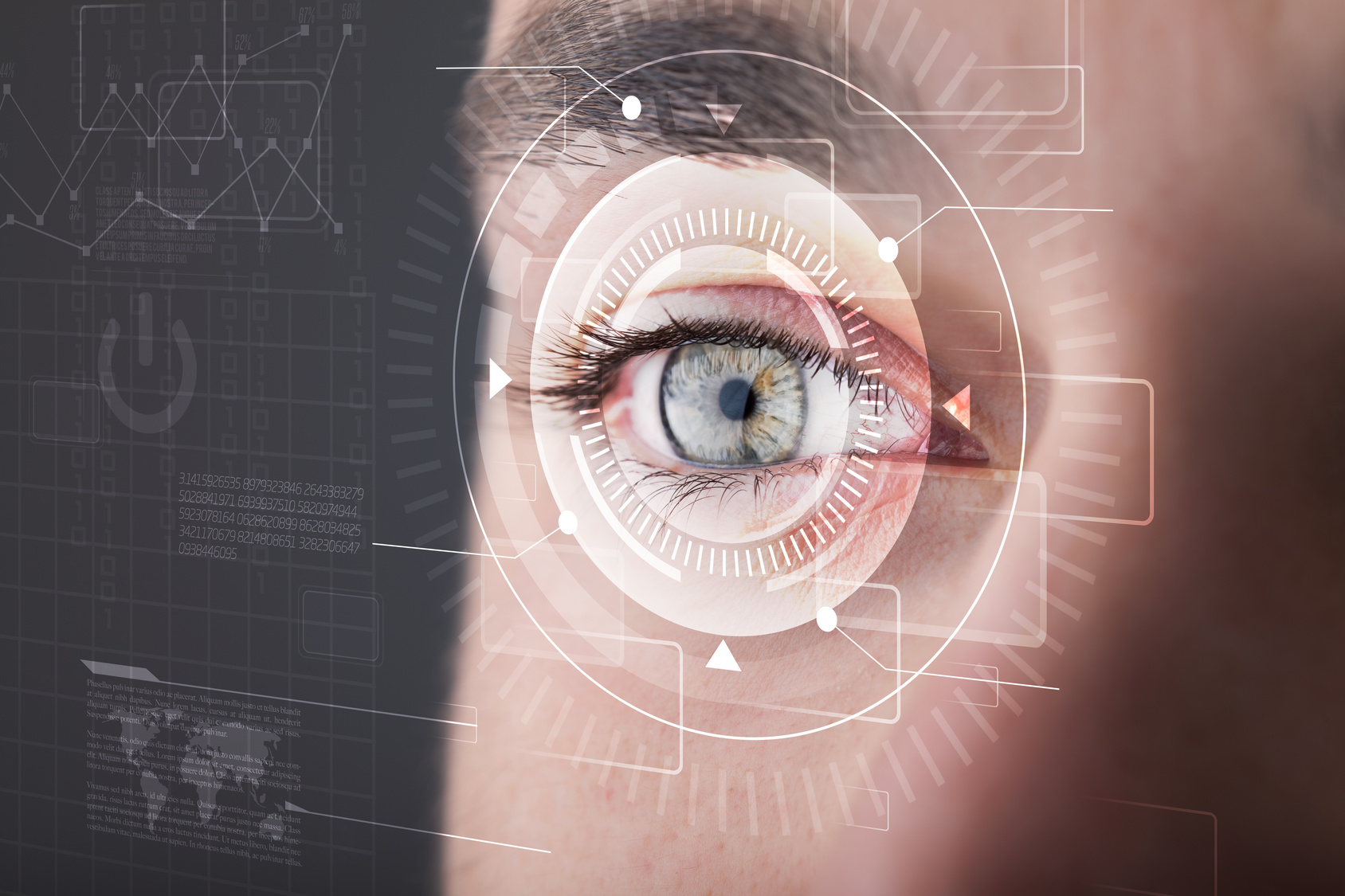
By Ashima Obhan
In August 2017, a nine-judge bench of the Supreme Court of India delivered its verdict in Justice K.S. Puttaswamy vs. Union Of India[1].The ruling is the outcome of a petition filed in 2015 by Justice (Retd.) K.S. Puttaswamy, challenging the validity of the Indian biometric identity scheme Aadhaar. The petitioner had contended that the biometric data and iris scan that was being collected for issuing Aadhaar cards violated the citizen’s fundamental right to privacy as their personal data was not being protected and was vulnerable to exposure and misuse.
The constitutional bench was set up not to look into the constitutional validity of Aadhaar, but to consider a much bigger question: whether right to privacy is a fundamental right and can be traced in the rights to life and personal liberty. While this verdict does not decide whether and to what extent the Aadhaar scheme is constitutional, it has ruled that privacy is a constitutionally protected right that emerges from the right to life and liberty guaranteed by Article 21 of the constitution, which is inseparable from the right to live with dignity.
In doing so, the Supreme Court has explicitly overruled two early decisions – MP Sharma vs. Satish Chandra[2]and Kharak Singh vs. State of Uttar Pradesh[3], which had held that privacy was not a fundamental right.
Starting with the basic idea that privacy encompassed the body (and bodily integrity), the mind (and informational self-determination), and intimate choices, all nine judges agreed that privacy was at the heart of individual self-determination, of dignity, autonomy and liberty, and concretely, inseparable from the meaningful exercise of guaranteed freedoms such as speech, association, movement, personal liberty and freedom of conscience. It was also held that “Life and personal liberty are not creations of the Constitution. These rights arerecognised by the Constitution as inhering in each individual as an intrinsic andinseparable part of the human element which dwells within”.
The Court held that life and personal liberty are inalienable rights. These are rights which are inseparable from a dignified human existence. The dignity of the individual, equality between human beings and the quest for liberty are the foundation pillars of the Indian Constitution. Life and personal liberty are not creations of the Constitution. These rights are recognised by the Constitution as inhering in each individual as an intrinsic and inseparable part of the human element which dwells within.Privacy is a constitutionally protected right which emerges primarily from theguarantee of life and personal liberty in Article 21 of the Constitution. Elements ofprivacy also arise in varying contexts from the other facets of freedom and dignityrecognised and guaranteed by the fundamental rights contained in the Constitution.
The Court also held that the technology has made it possible to enter a citizen’s house without knocking at his or her door and this is equally possible both by the State and non-state actors. It is an individual’s choice as to who enters his house, how he lives and in what relationship. The privacy of the home must protect the family, marriage, procreation and sexual orientation which are all important aspects of dignity. If the individual permits someone to enter the house it does not mean that others can enter the house. The only check and balance is that it should not harm the other individual or affect his or her rights. This applies both to the physical form and to technology. In an era where there are wide, varied, social and cultural norms and more so in a country like India which prides itself on diversity, privacy is one of the most important rights to be protected both against state and non-state actors and be recognized as a fundamental right. The Union Government has been recommended to examine and put into place a robust regime for data protection. The creation of such regime requires a careful and sensitive balance between individual interests and legitimate concerns of the state.
It was clarified that like other rights which form part of the fundamental freedoms protected by the Constitution, including the right to life and personal liberty under Article 21, privacy is not anabsolute right. A law which encroaches upon privacy will have to withstand thetouchstone of permissible restrictions on fundamental rights. In the context ofArticle 21, an invasion of privacy must be justified on the basis of a law whichstipulates a procedure which is fair, just and reasonable. The law must also bevalid with reference to the encroachment on life and personal liberty under Article21. An invasion of life or personal liberty must meet the three-fold requirement of(i) legality, which postulates the existence of law; (ii) need, defined in terms of alegitimate state aim; and (iii) proportionality which ensures a rational nexusbetween the objects and the means adopted to achieve them.
It was also clarified that the judiciary did not create a new right in this case but merely granted recognition to a constitutional right that already existed and such recognition is not an exercise in the nature of amending the Constitution nor is the Court embarking on a constitutional function of that nature which is entrusted to Parliament.
The judgment will have ramifications for a number of contemporary issues pending before the judiciary. This judgment will breathe life into the Aadhaar hearings. In many ways the Aadhaar was linked to all manner of essential and non-essential services. While it awaited clarification on the right to privacy, the bench hearing the constitutional challenge to Aadhaar passed an interim order restricting compulsory linking of Aadhaar for benefits delivery.
















